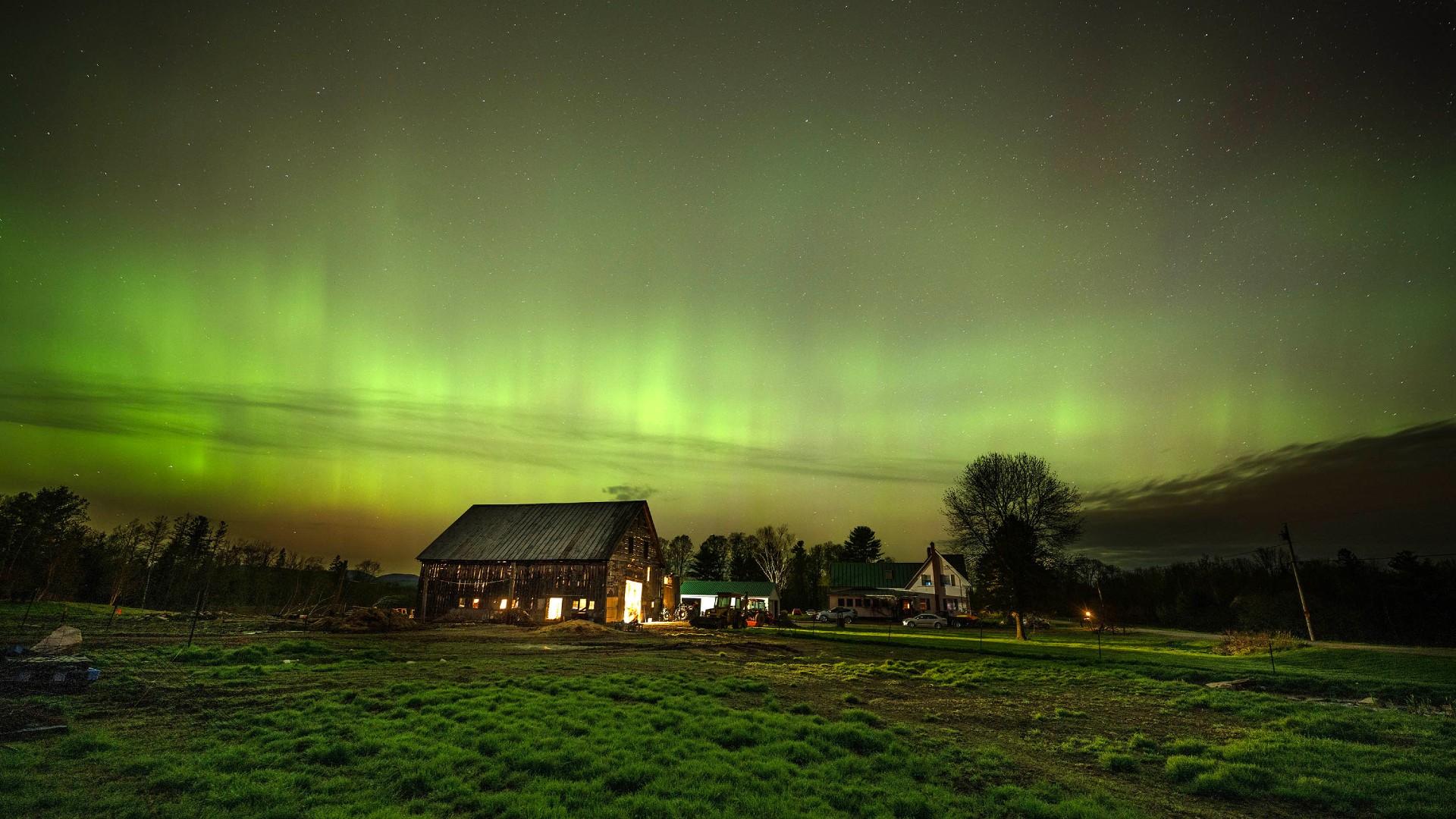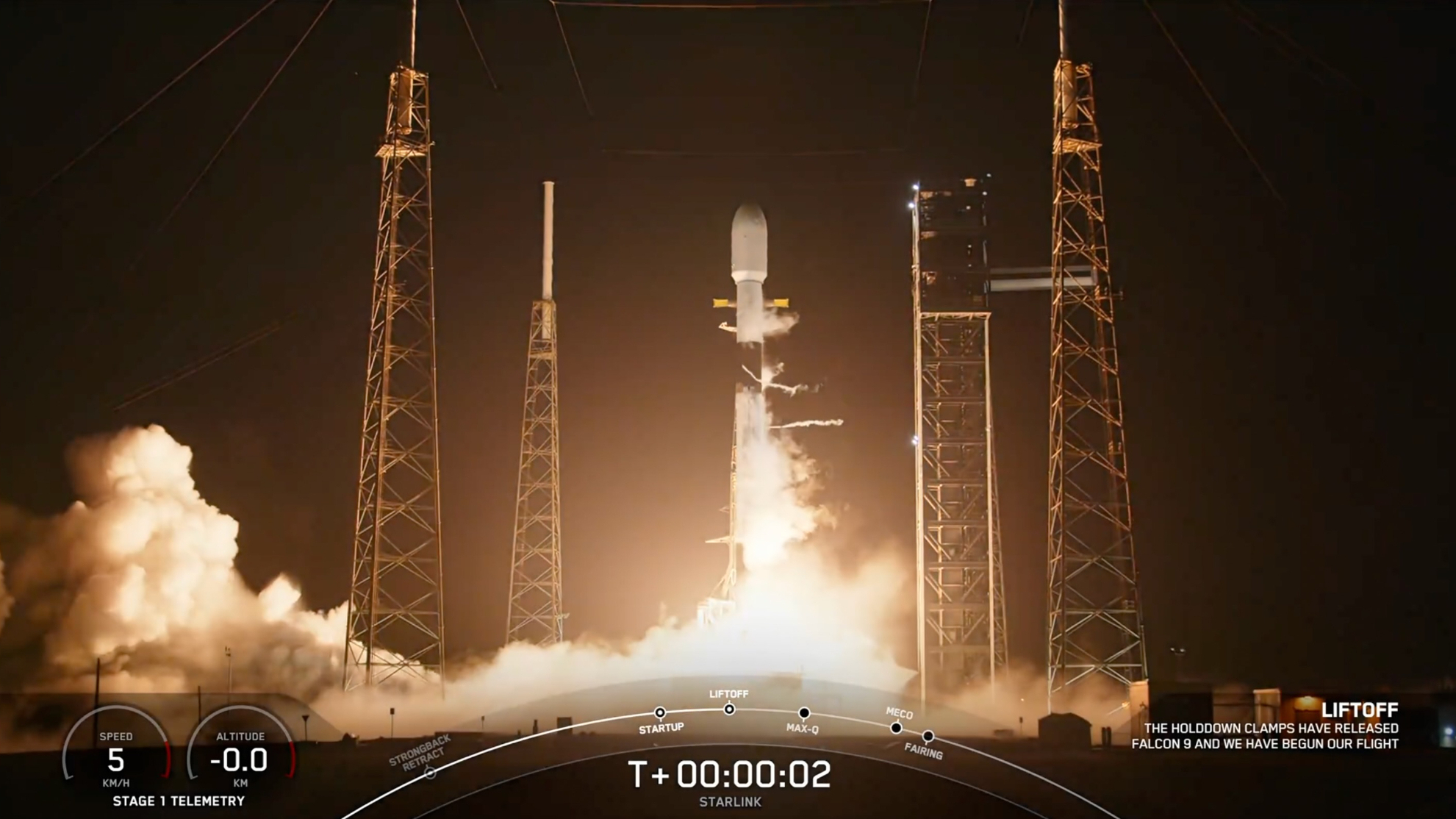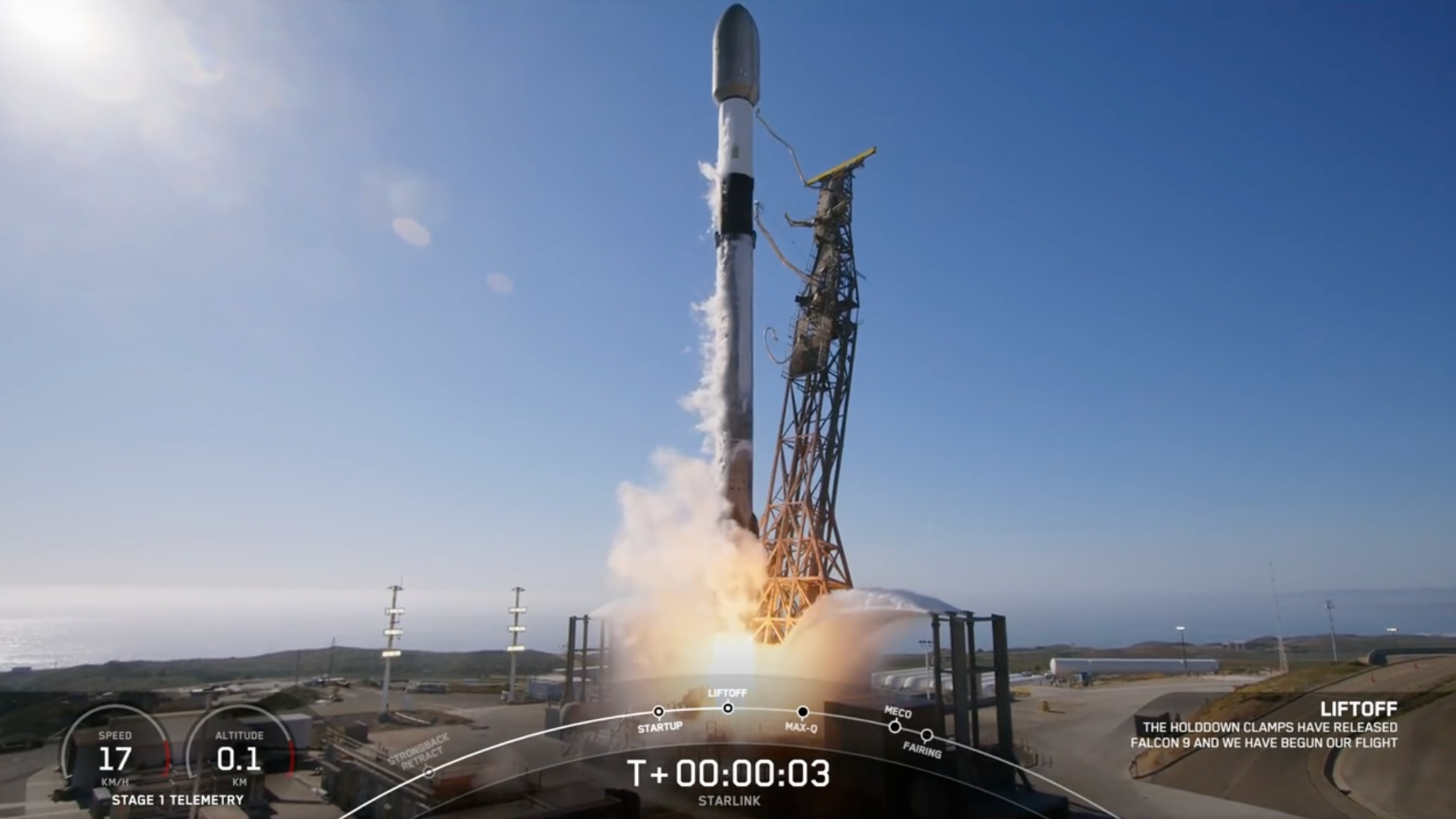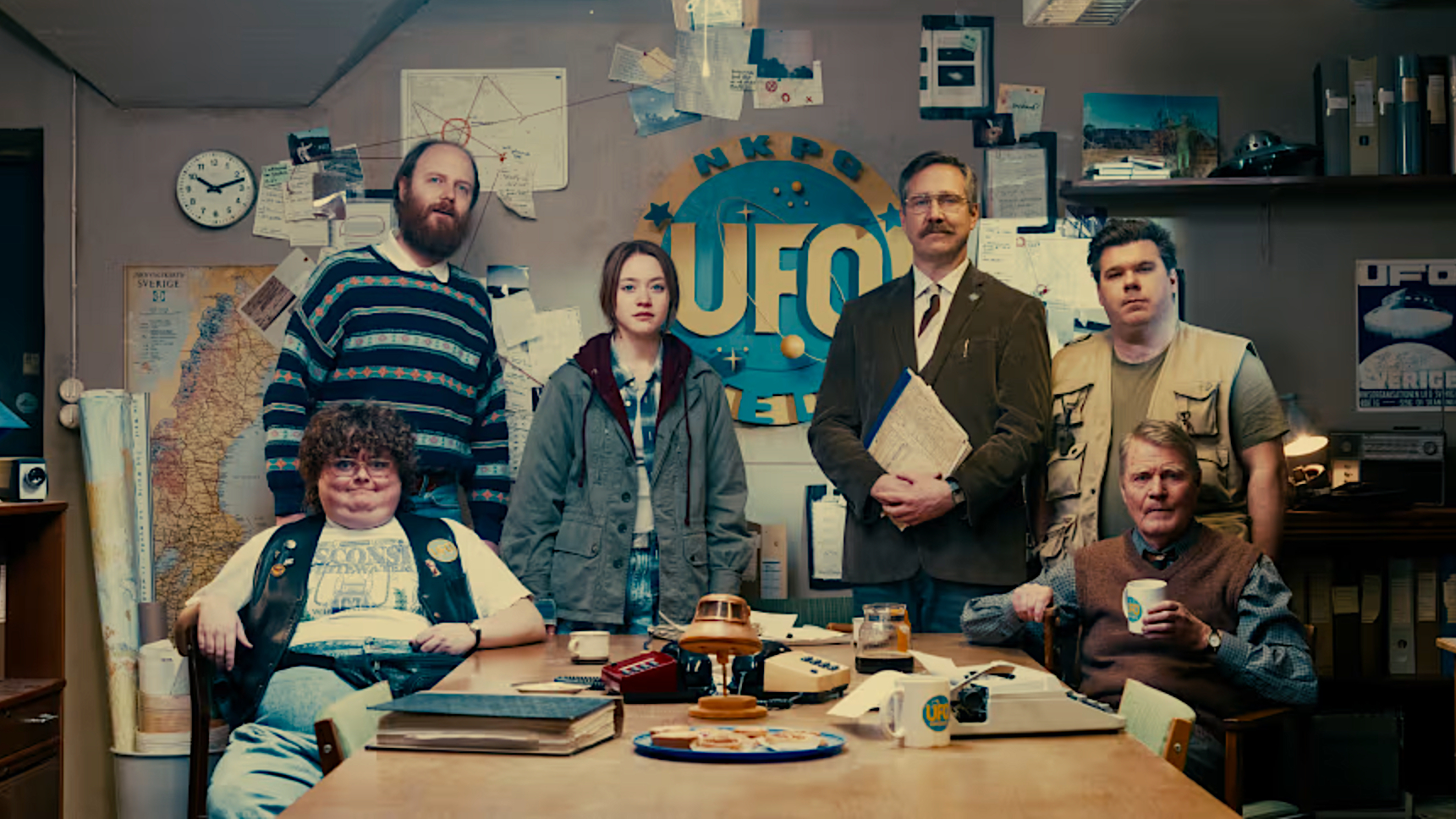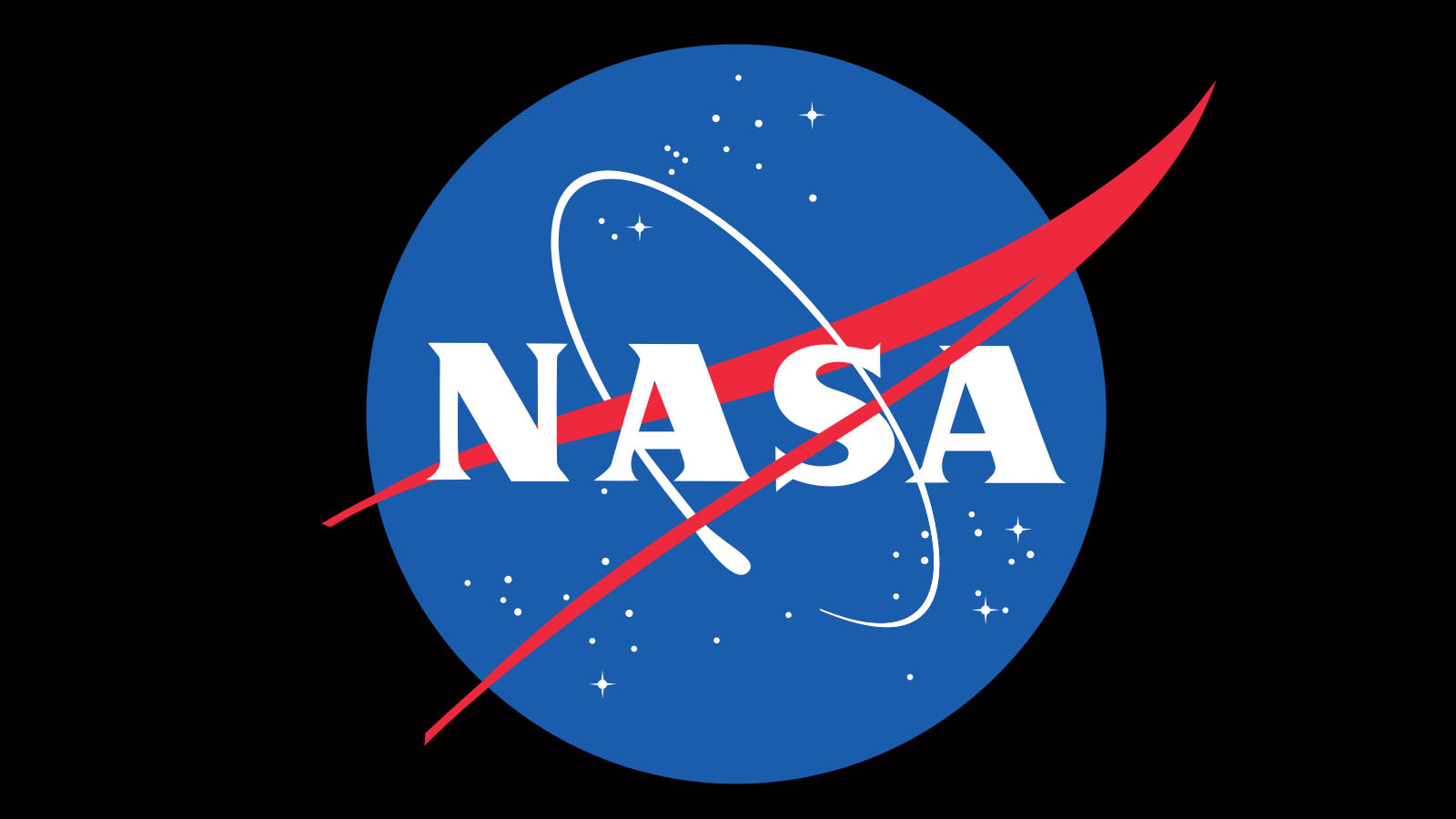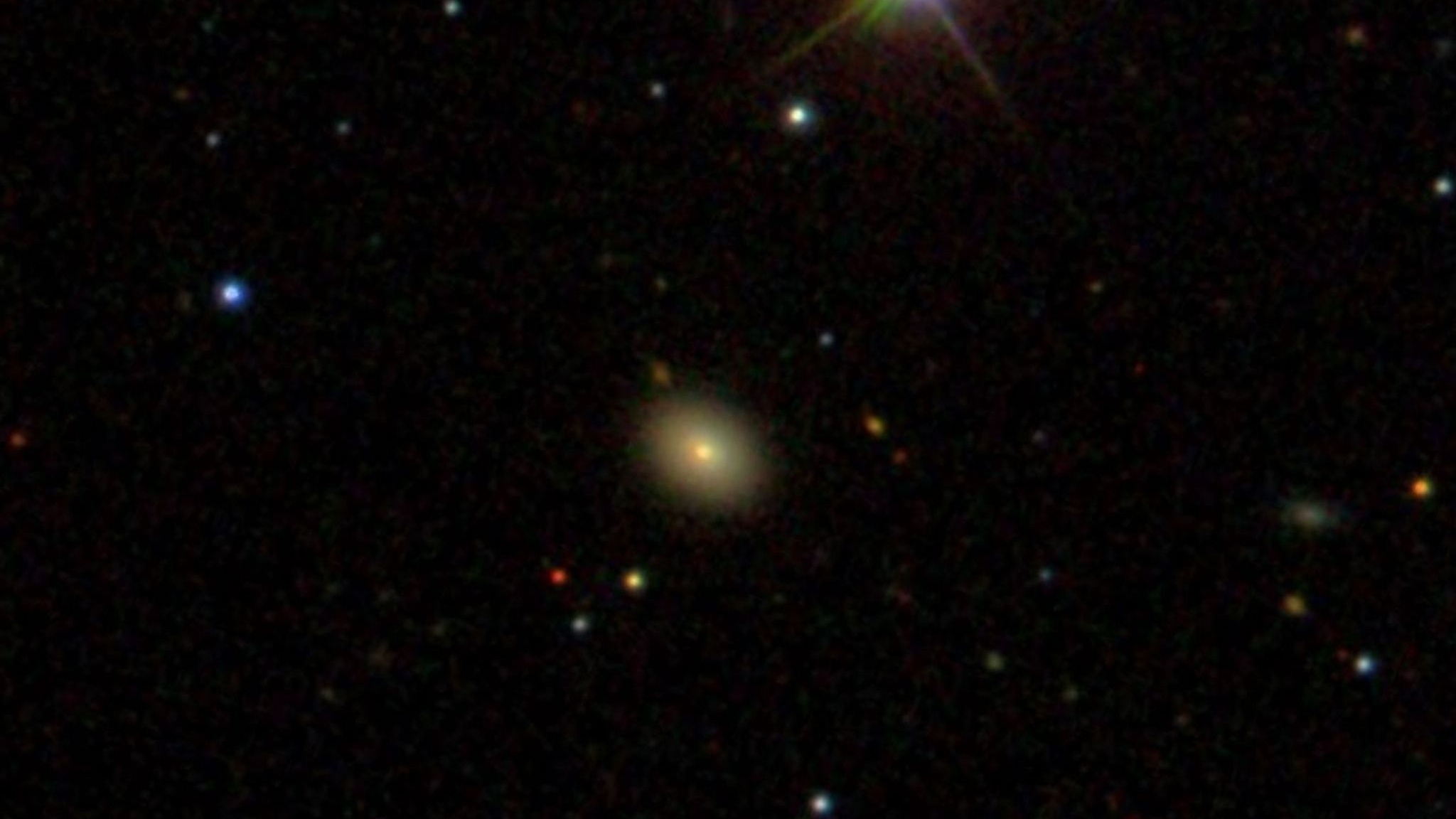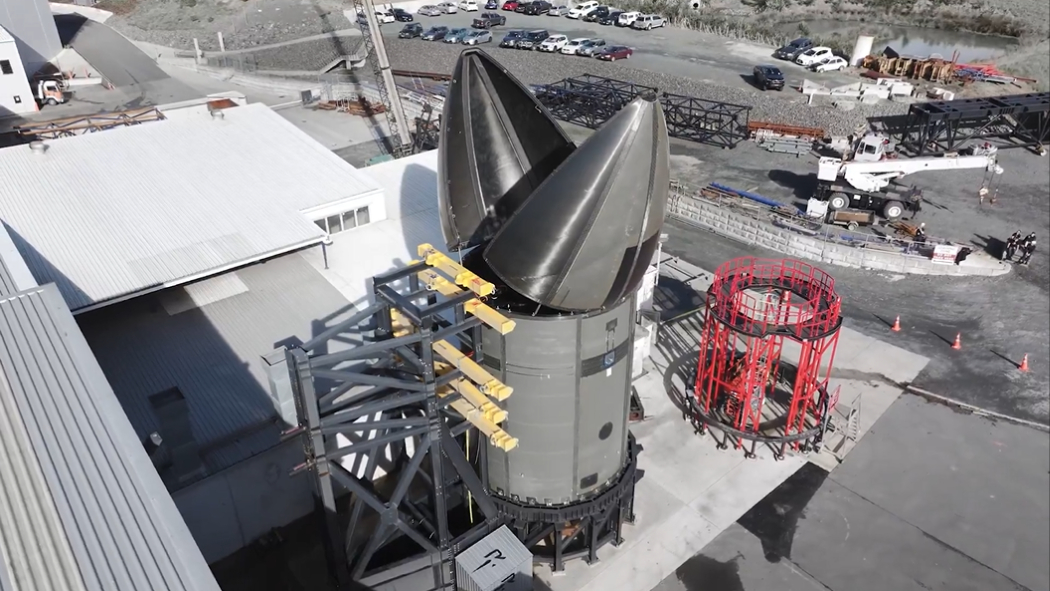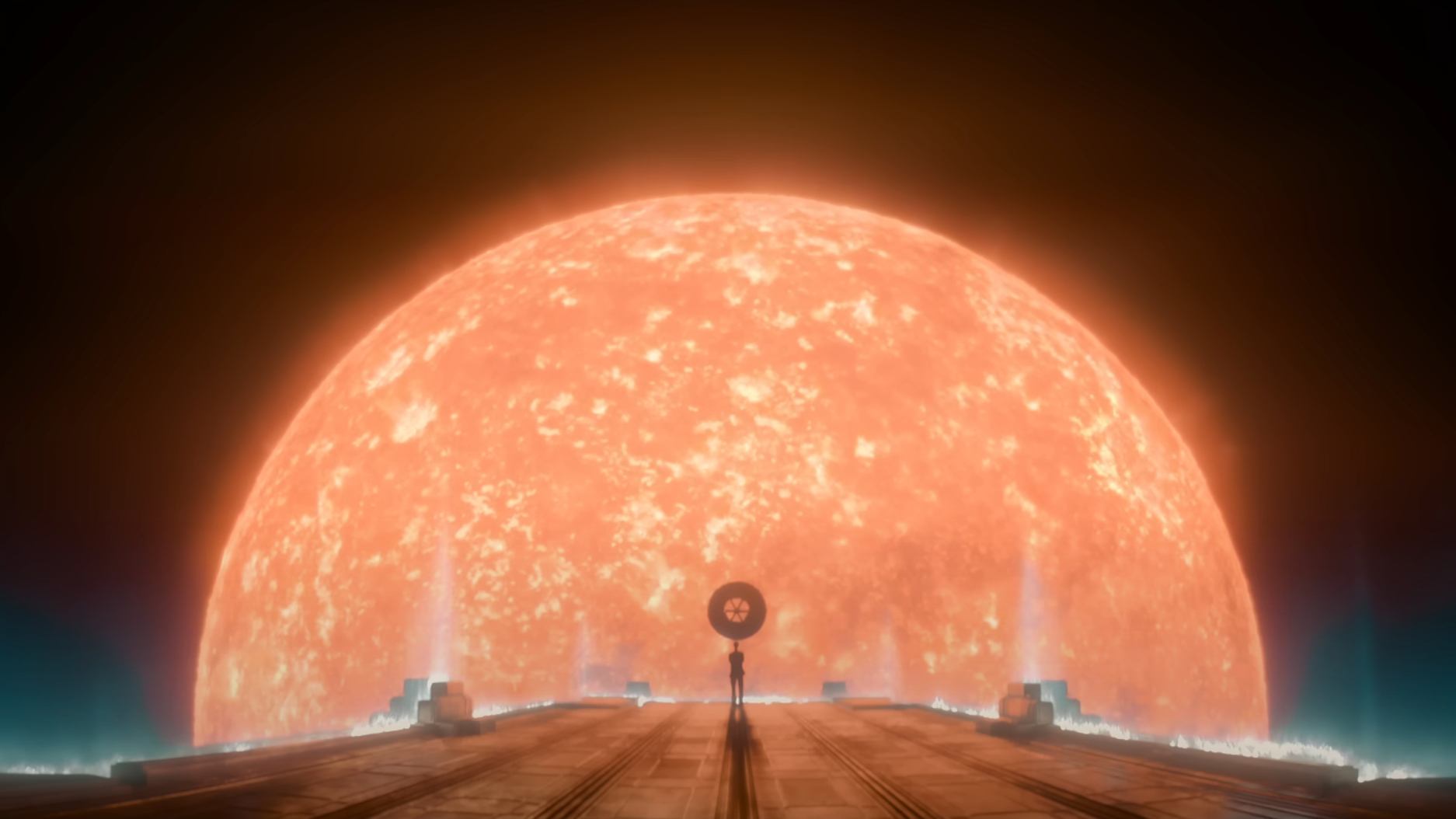Elon Musk Wants to Send Astronauts to Mars as Soon as 2024
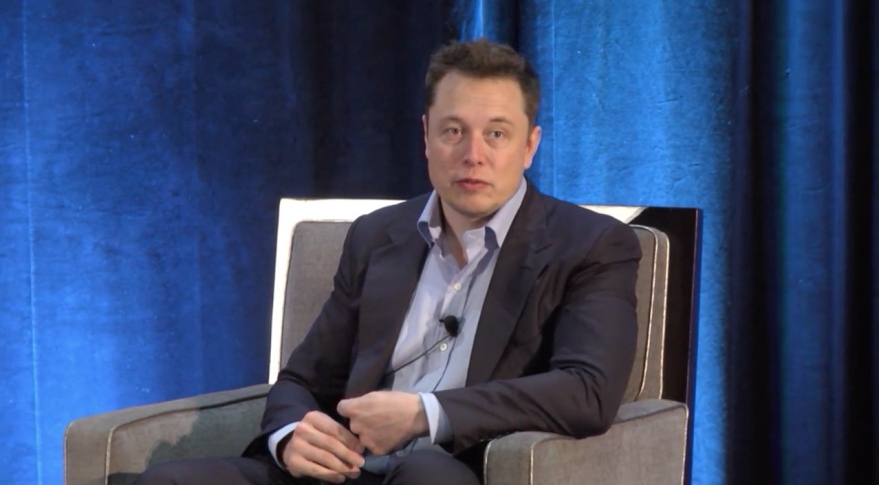
BROOMFIELD, Colorado — A Mars mission architecture SpaceX Chief Executive Elon Musk will unveil in September will call for a series of missions starting in 2018 leading up to the first crewed mission to the planet in 2024, Musk said June 1.
In an on-stage interview at the Code Conference, run by the technology publication Recode in Rancho Palos Verdes, California, Musk repeated earlier comments that he would announce his architecture for human missions to Mars in September at the International Astronautical Congress in Guadalajara, Mexico.
That plan would start with the uncrewed launch of a Dragon spacecraft in 2018 on a Mars landing mission dubbed Red Dragon. SpaceX announced April 27 it would fly that mission working in cooperation with NASA, who will provide technical expertise but no funding in exchange for data from the spacecraft's Mars landing attempt. [SpaceX's Red Dragon: A Private Mars Mission Plan in Pictures]
"The basic game plan is that we're going to send a mission to Mars with every Mars opportunity from 2018 onwards," Musk said. Launch windows for Mars missions open every 26 months, with the next opening in the spring of 2018.
"We're establishing cargo flights to Mars that people can count on," he said. "I think if things go according to plan, we should be able to launch people probably in 2024, with arrival in 2025."
Musk declined to give additional details about the plan, including the "very big rocket" that would launch the crewed vehicles. "In September I’ll tell you," he said.
Earlier in the interview, Musk said that SpaceX would attempt to refly a recovered Falcon 9 first stage within the next three months. "We plan to refly one of the landed rocket boosters hopefully in about two or three months," he said. "We want to start reflying them before the end of the summer."
Get the Space.com Newsletter
Breaking space news, the latest updates on rocket launches, skywatching events and more!
Musk didn't disclose who the customer would be for the first launch of a Falcon 9 with a reused first stage, although company officials recently said a couple of potential customers had expressed interest. SpaceX has now landed four Falcon 9 first stages, although some will be used for ground tests and the one from the first landing, in December 2015, will be put on display outside the company’s Hawthorne, California headquarters.
Musk also said the first Falcon Heavy launch was still scheduled before the end of the year. That launch, he said, would not carry a payload, despite earlier reports that there was some interest from customers in flying on that vehicle.
He also addressed the lengthy development delays of the Falcon Heavy, whose first launch was originally scheduled to take place several years ago. "It's not like we had a lot of pressing customers who wanted us to launch this," he said. In fact, at least one company, ViaSat, decided to purchase a launch on an Ariane 5 because of Falcon Heavy delays, reserving its Falcon Heavy contract for a later mission.
Musk also said that SpaceX, which has launched three Falcon 9 missions in less than two months, would maintain a high launch rate. "We're sort of backlogged on our launches and we're trying to get them out as quickly as we can," he said, referring to the June 2015 Falcon 9 failure that halted launches for nearly six months.
"The launches will take place every two to four weeks. That's quite a high launch cadence," he said of the company's upcoming schedule.
Next year will also see the debut of the Dragon V2, also known as Crew Dragon, that SpaceX is developing for NASA's commercial crew program. That vehicle will be used for transporting NASA astronauts to and from the International Space Station, and a version of it will also fly Mars missions.
Musk suggested he might fly on a Dragon vehicle in several years. "I think I will at some point," he said when asked if he planned to fly in space. "I'll probably go to orbit in four or five years, something like that."
This story was provided by SpaceNews, dedicated to covering all aspects of the space industry.
Join our Space Forums to keep talking space on the latest missions, night sky and more! And if you have a news tip, correction or comment, let us know at: community@space.com.

Jeff Foust is a Senior Staff Writer at SpaceNews, a space industry news magazine and website, where he writes about space policy, commercial spaceflight and other aerospace industry topics. Jeff has a Ph.D. in planetary sciences from the Massachusetts Institute of Technology and earned a bachelor's degree in geophysics and planetary science from the California Institute of Technology. You can see Jeff's latest projects by following him on Twitter.

